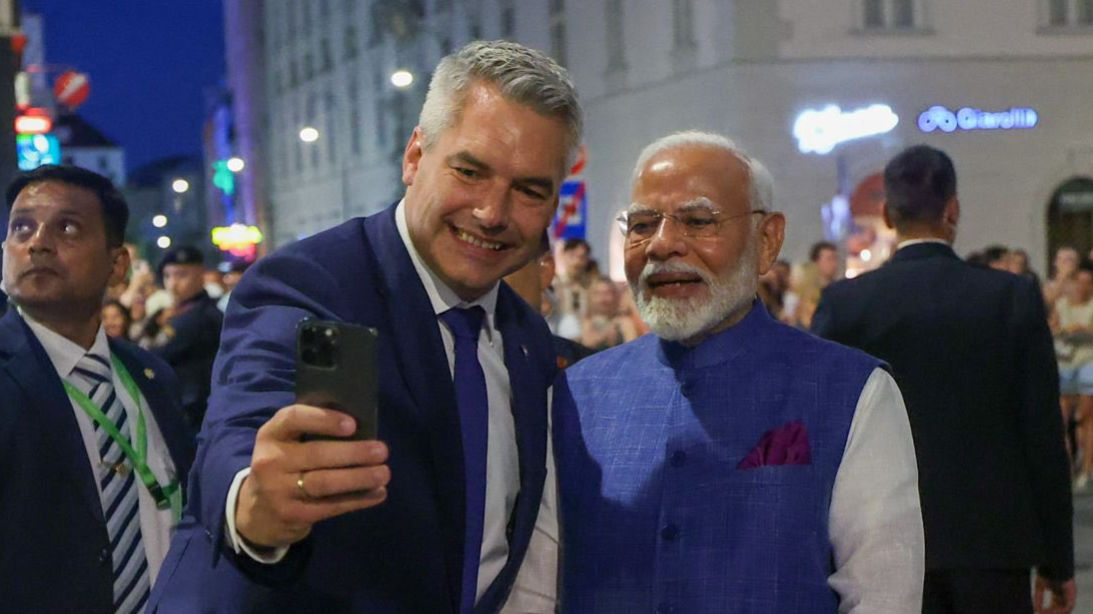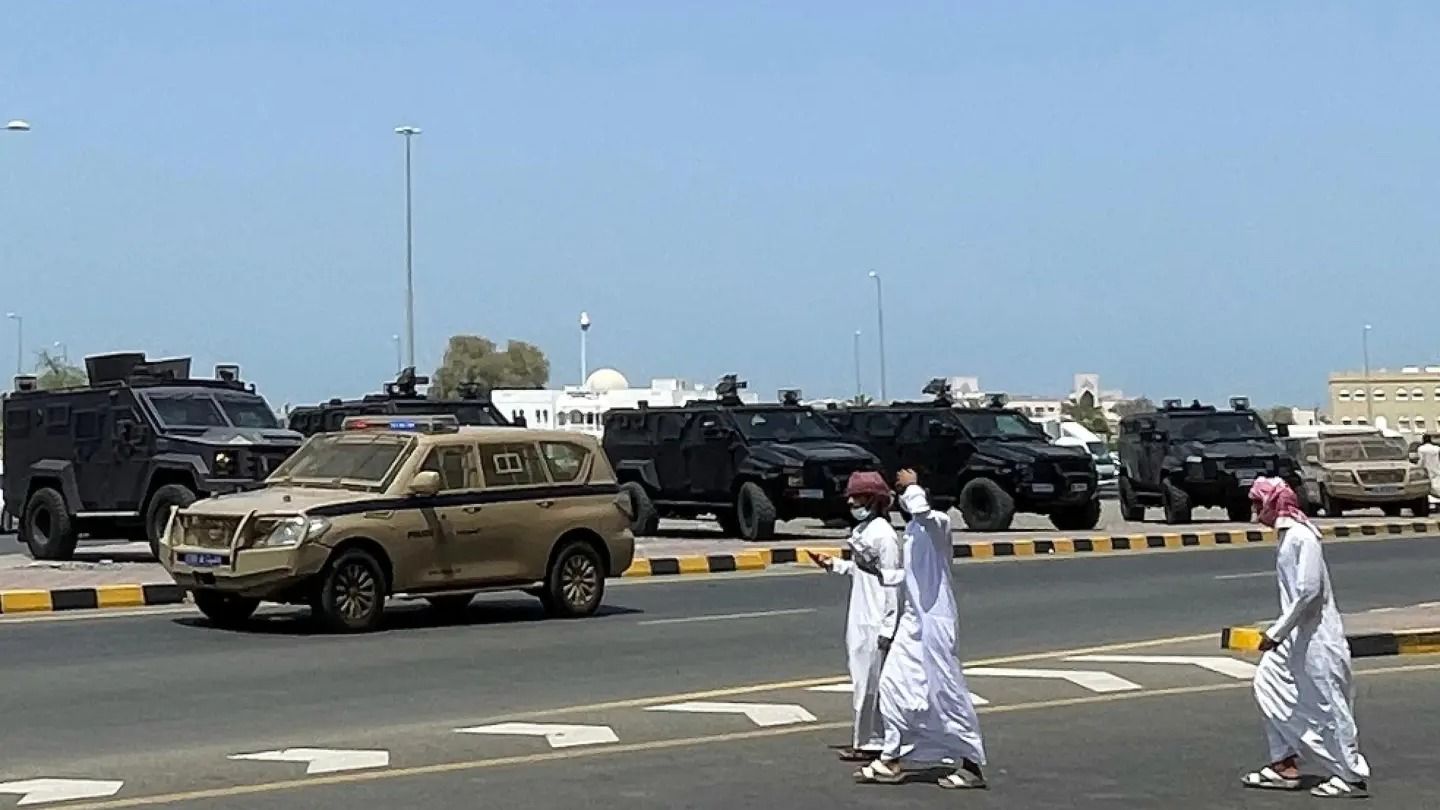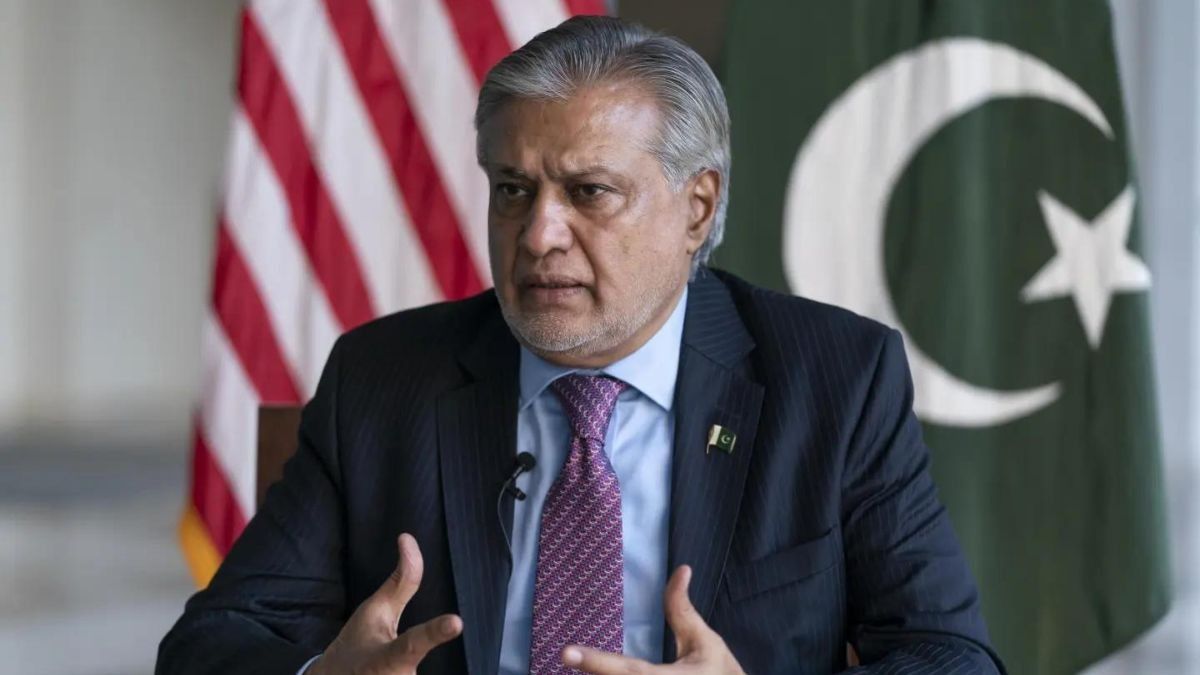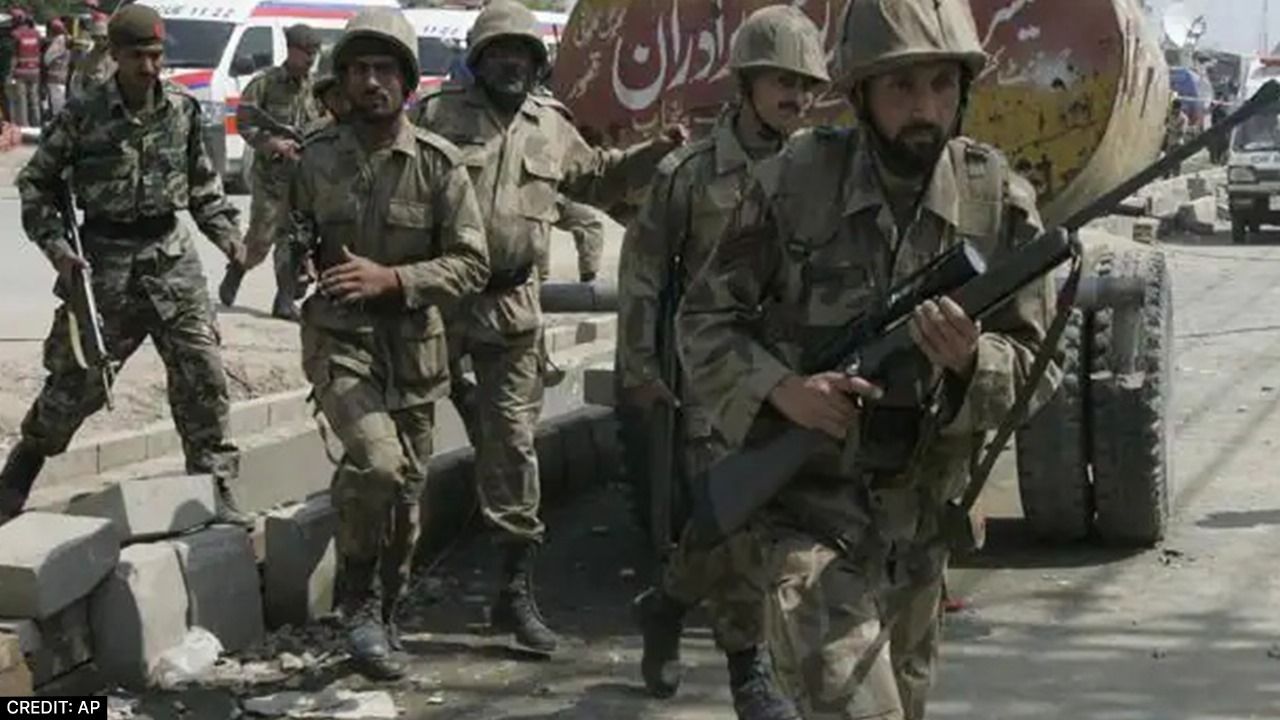New Delhi: Prime Minister Narendra Modi arrived in Vienna, Austria on Tuesday, July 9, making the first visit by an Indian prime minister in over 40 years, to strengthen bilateral ties between the two nations. He was welcomed by Austrian Foreign Minister Alexander Schallenberg at the airport.
“Landed in Vienna. This visit to Austria is a special one. Our nations are connected by shared values and a commitment to a better planet. Looking forward to the various programmes in Austria including talks with Chancellor @karlnehammer, interactions with the Indian community and more,” the prime minister posted on X, with a series of photographs.
This visit comes as both New Delhi and Vienna celebrate 75 years of diplomatic relations.
Calling this visit a significant milestone, Austrian Chancellor Karl Nehammer said, “I very much look forward to welcoming Narendra Modi, the Prime Minister of India, the world’s largest democracy, next week in Vienna. This visit is a special honour as it marks the first visit by an Indian Prime Minister in over 40 years and a significant milestone as we celebrate 75 years of diplomatic relations with India. We will have the opportunity to talk about further deepening our bilateral relationship and closer cooperation on the many geopolitical challenges.”
On day two of his visit, PM Modi’s schedule includes interactions with the Indian diaspora, meeting Chancellor Nehammer and Austrian President Alexander Van der Bellen.
What Can We Expect From PM’s Trip to Austria?
As Prime Minister Modi aims to strengthen ties, Vinay Mohan Kwatra, Foreign Secretary of India said that this would help us broaden the scope of the partnership between the two nations along with discussing some of the important regional and global of mutual interest.
“The visit, we are confident, will allow us to discuss various areas of importance in bilateral engagement as well as issues of regional and global importance of mutual interest and help broaden the scope of our partnership,” he said.
Austria is a key country in Central Europe, it also provides good opportunities for for cooperation in areas such as infrastructure, renewable energy, high technology, start-ups, and media and entertainment, the foreign secretary said.
“Austria is an important Central European country, the headquarters of, as you would all know, the International Atomic Energy Agency, United Nations Industrial Development Organization (UNIDO), United Nations Office on Drugs and Crime (UNODC), and Organization for Security and Co-operation in Europe (OSCE).”
“Austria offers excellent opportunities for bilateral cooperation in infrastructure, renewable energy, high technology areas, start-up sectors, media, and entertainment and has registered good growth over the last couple of years,” he added.
This visit comes months after the India-Austria Startup Bridge was launched in February this year, which aims to increase collaboration and knowledge sharing between startups in both countries.
“Our investment linkages also continue to grow, even though, in volume terms, they may be small. Several Austrian companies have a presence in India. In February 2024, in India-Austria, a starter bridge was also launched, which has already had a very promising start. India and Austria had also signed a comprehensive migration and mobility agreement,” said Kwatra.
India-Austria Relations:
Austria recognised India’s independence in 1947 and established diplomatic relations in 1949.
Following this, in 1955, then-Prime Minister Jawaharlal Nehru visited the country.
Following this, then-Austrian chancellor Bruno Kreisky visited India in 1980.
That trip was followed by then-Prime minister Indira Gandhi visited Austria in 1983. A year later, then-chancellor Fred Sinowatz visited India in 1984.
As per MEA’s official website, the then president K R Narayanan visited Austria in 1999; then president Heinz Fischer visited in 2005; then Austrian Vice Chancellor Josef Proll in 2010; and then President Pratibha Devisingh Patil in 2011.
“India and Austria have had a regular exchange of visits including at the level of leaders, ministers and parliamentarians highlighting the importance that both countries accord to further strengthening their relations,” states a profile of India-Austria bilateral relations put up on the website of the Ministry of External Affairs.
In 2022, External Affairs Minister S Jaishankar visited Austria from December 31, 2022, to January 3, 2023.
During the visit, he met with Austrian Federal President Alexander Van der Bellen, Chancellor Karl Nehammer and President of the National Council, Wolfgang Sobotka.
He held delegation-level talks with the Austrian Foreign Minister, Alexander Schallenberg.
Five agreements were also signed during this visit, as per MEA’s website.
In terms of trade, as per media reports, the bilateral trade between India and Austria stood at $2.93 billion in 2023.
While India exports electronics, textiles, apparel, footwear and chemicals to Austria, the latter, ends machinery, automotive parts, and chemicals to India.
Both countries have had cultural exchanges dating back as far as the 16th Century.
“The visit of India’s philosopher-poet and Nobel Laureate Rabindranath Tagore twice to Vienna – in 1921 and 1926 – was one of the crucial bridges of cultural and intellectual exchange between India and Austria,” the MEA website said.
According to the MEA, over 30,000 Indians are living in Austria – a majority of them from Kerala and Punjab.
Over 500 Indian students are pursuing their higher education in Austria, the website added.
Day 2 in Austria: What to Expect From PM Modi’s Visit to Vienna world-news World News | Latest International Global World News | Todays Breaking News Headlines




